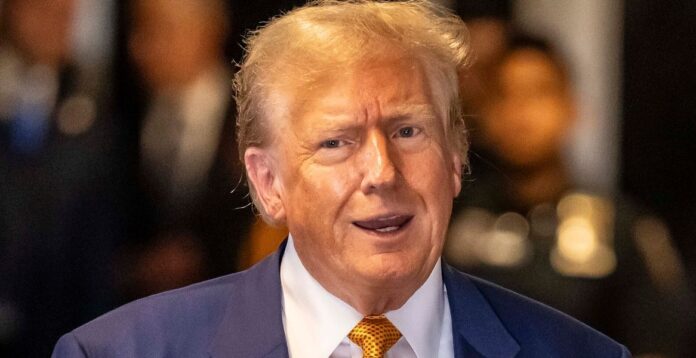Key Falsehoods or Claims: The article discusses how China has denied suggestions that it is in talks with President Trump over tariffs, contradicting his earlier claims that such talks were taking place. This raises questions about the accuracy of the President’s statements regarding trade negotiations with China.
Source and Bias: The article is from PBS, a neutral outlet known for its balanced and fact-based reporting. It provides a credible and objective source of information on the topic.
Analysis of Falsehoods: President Trump’s claims about ongoing trade talks with China, which have been denied by the Chinese government, could shape public opinion by creating uncertainty and confusion about the status of trade negotiations. This could potentially lead to a lack of trust in the President’s statements and decision-making.
Threat to Democracy: Falsehoods and misinformation from political leaders can erode public trust in the government and democratic institutions. In this case, inaccurate statements about trade negotiations with China could undermine confidence in the administration’s handling of economic policy and international relations.
Potential Reactions and Outcomes: Hypothetically, if the public were to believe the President’s claims despite China’s denial, it could lead to unwarranted optimism or pessimism regarding the state of trade negotiations. This could potentially influence public perceptions of the administration’s performance in handling trade issues and impact voter behavior.
Further Reading: For further reading on the impact of misinformation and media influence on public opinion, reputable sources such as the Pew Research Center and the Harvard Kennedy School’s Shorenstein Center on Media, Politics and Public Policy provide valuable insights and studies on this topic.
Overall, it is important to critically analyze and fact-check political statements and media reports to understand their potential impact on public opinion and democratic processes.
Source link
Redirect URL
